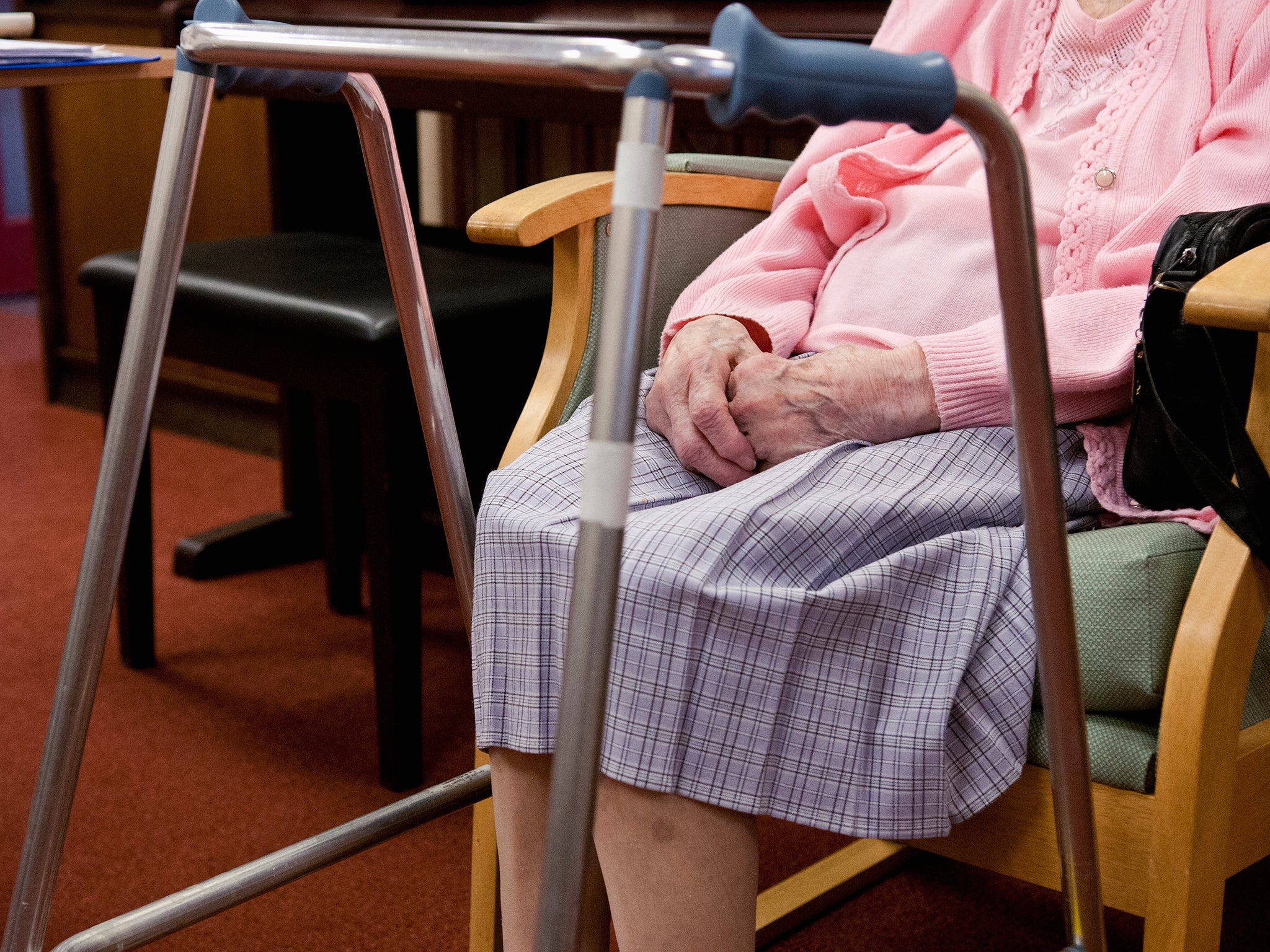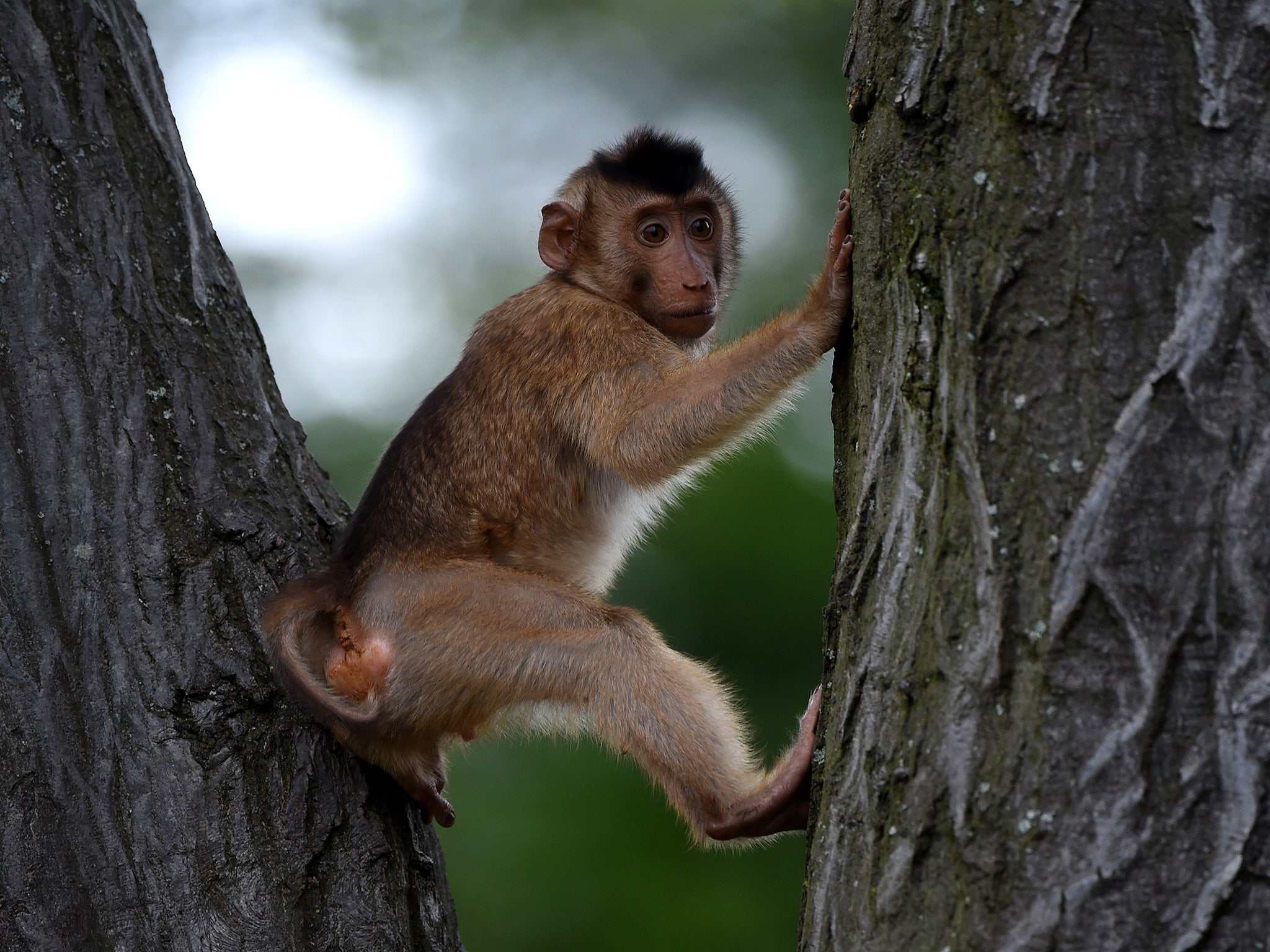Lonely people's white blood cells less suited to fighting infection, study says
Researchers have known for many years that people who see themselves to be lonely are at greater risk of becoming ill

Loneliness has a measurable impact on the part of the immune system responsible for fighting infections and cancer according to a study that could help to explain why people suffering from social isolation are 14 per cent more likely to suffer an early death compared to people who are not lonely.
Scientists have found that the white blood cells of people who feel lonely and of macaque monkeys who are isolated from their social group are geared more towards causing inflammation than fighting off infections.
Researchers have known for many years that people who perceive themselves to be lonely are at greater risk of becoming ill and dying prematurely compared to the rest of the population, but the causes of this apparent psycho-somatic relationship have not been understood.
A team of scientists led by Steven Cole of the University of California Los Angeles and John Capitanio of the California National Primate Research Centre at the UC Davis studied the white blood cells or leucocytes of both humans and macaque monkeys, a highly social primate species.
In the case of macaques, the scientists found that they could induce changes to the way the genes of the leucocytes are turned on or off by causing them to be isolated from their peers. Lonely monkeys showed an increased activity of genes involved in causing inflammation and a decreased activity of those involved in fighting viral infections.
The scientists found that one of the impacts of loneliness was an increase in a type of white blood cell called the monocytes which are involved more with inflammatory immune responses than fighting viruses. They believe that the resulting increase in the number of monocytes may both propagate loneliness and contribute to its associated health risks.

Furthermore, the scientists found that the way the genes of the white blood cells are turned on or off appear to have a reciprocal relationship – the appearance of one is likely to result in the appearance of the other – suggesting that each can help to propagate the other over time, the researchers said.
“These results were specific to loneliness and could not be explained by depression, stress or social support,” they said. The study is published in the Proceedings of the National Academy of Sciences.
Join our commenting forum
Join thought-provoking conversations, follow other Independent readers and see their replies
Comments